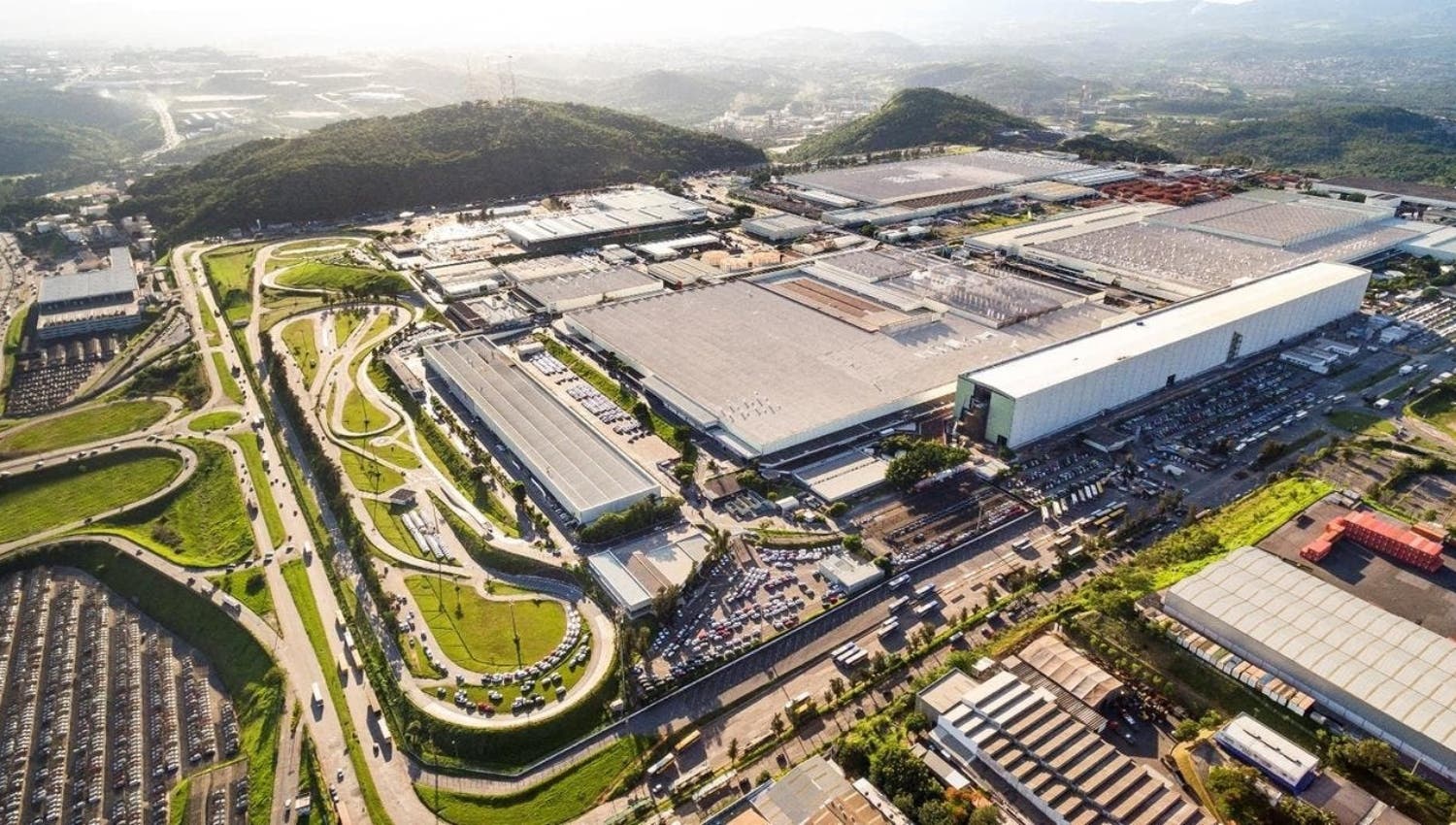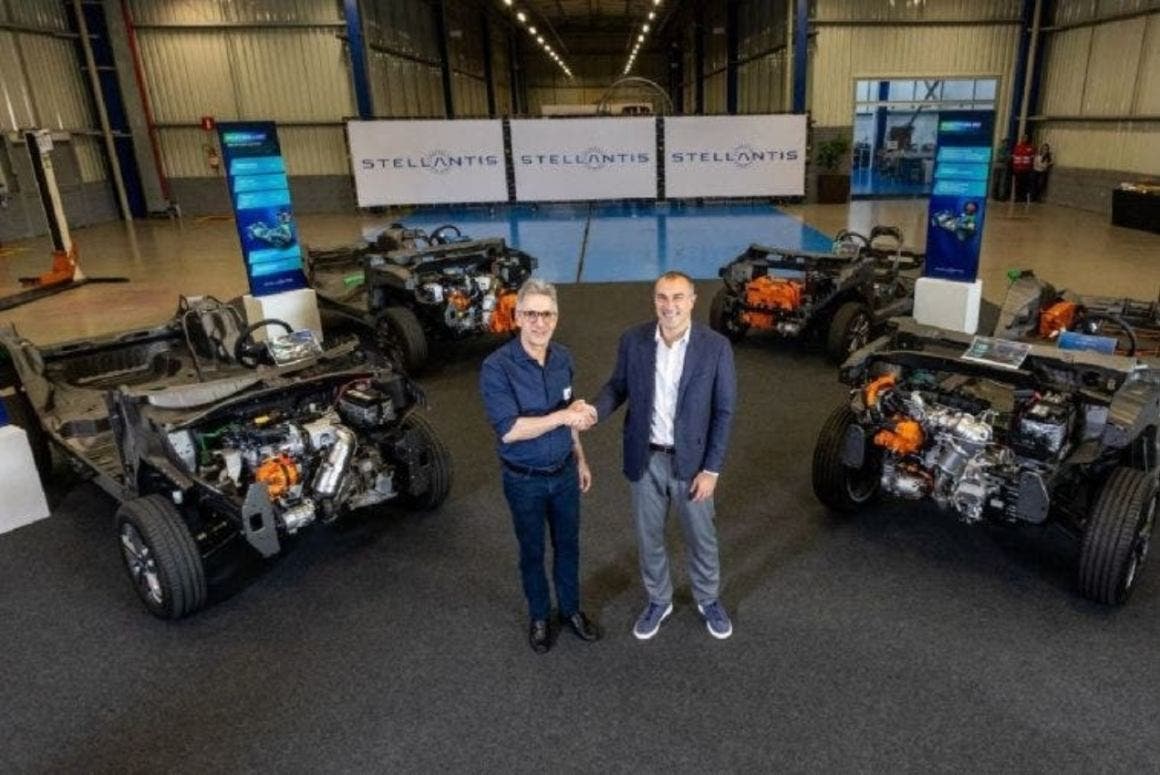Stellantis is betting big on Brazil with a record investment of R$14 billion in the Betim Automotive Hub from 2025 to 2030. This maxi investment represents the largest financial commitment ever made at the Brazilian plant and aims to renew the product line, develop new technologies, and create new jobs. The goal is to transform the Betim Automotive Hub into a center of excellence for the production of innovative and sustainable vehicles for South America.
Stellantis invests R$14 billion in Betim Automotive Hub for Brazil
Stellantis is betting big on Brazil. As mentioned recently, Stellantis was in the process of making a major investment for South America. Details had not been confirmed, but now the news speaks volumes. Indeed, the automotive giant has announced a maxi investment of R$14 billion for the Betim Automotive Hub from 2025 to 2030. This is the largest financial commitment ever at the Brazilian plant.
The news was released by Stellantis president for South America, Emanuele Cappellano, during a meeting recently held with Minas Gerais governor Romeu Zema at the Betim complex.
The investment aims to renew the product line, develop new technologies and also create new jobs. This is a strong and decisive signal for the future of the Brazilian industrial hub of Stellantis and for the local economy, which will have a way to grow.
Emanuele Cappellano, Stellantis president for South America, recently met with the governor of Minas Gerais, Romeu Zema, to go over in detail the company’s future plans in the region. The meeting confirmed the impending expansion and renovation of the Betim Automotive Hub engine line, intended to produce powertrains for Stellantis’ upcoming launches in South America. Prominent among the new features is the introduction of Bio-Hybrid technology, the first models of which are expected to be introduced to the market by the second half of this year.
With this new investment, the manufacturer will have the opportunity to give continuity to the incredible legacy of this factory, increasing value for the future. Efforts will be directed on the development of innovative and sustainable products that are able to meet the needs of customers in South America.

Stellantis’ large investment plan looks extraordinary for South America: R$32 billion from 2025 to 2030. Certainly the largest ever in the region’s automotive sector. A real leap into the future that will lead to a radical transformation of the South American automotive landscape.
40 new models will arrive to enrich the Stellantis range, offering drivers a wider and more diverse choice to meet every need. Also coming soon, eight new high-efficiency, low-emission powertrains, with a focus on electrification, will power the new models.
Bio-hybrid technologies, developed by the Stellantis Tech Center in South America, represent a major all-Brazilian innovation and a very important step toward decarbonization. These technologies have been extracted from the fruit of valuable collaboration with suppliers, researchers and partners. They will be flexibly applied on all models produced by Stellantis in the region, making local engineering and industry stronger.
The major focus of the project is the Betim complex in Brazil, where a new engine line capable of producing 1.1 million units per year will come to life. The engines will be flexible, high-efficiency and low-emission, and can be combined with hybrid technologies. A R$454 million investment that consolidates Brazil as a hub for powertrain development and bio-hybrid technology.
Stellantis positions itself as the undisputed leader in future mobility in South America, with an ambitious plan that looks to the future with great optimism. The company is ready to lead the region toward safer, sustainable and more accessible mobility for all, contributing to the economic and social development of the region.

